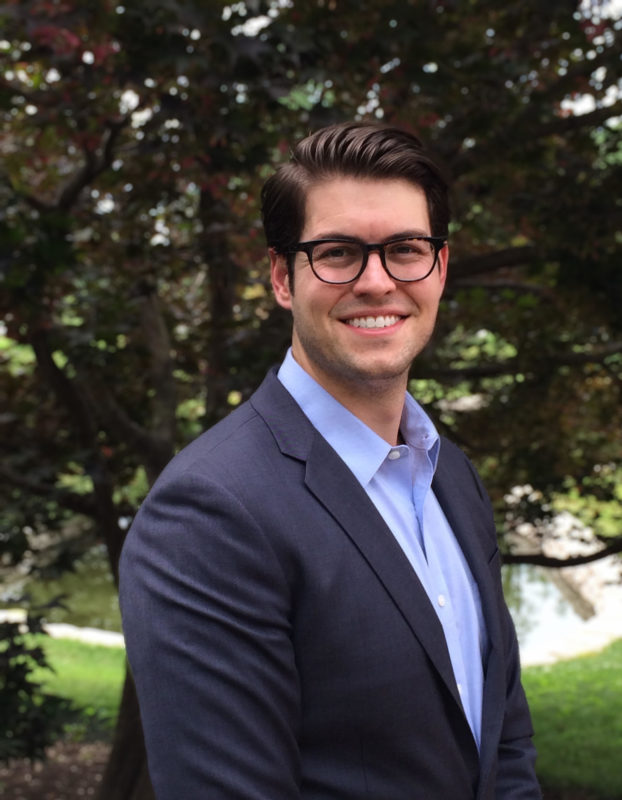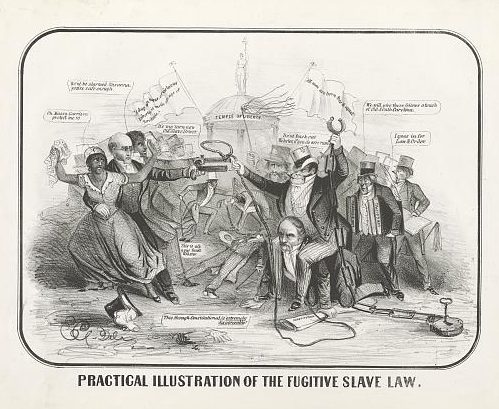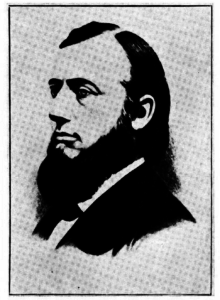Online Survey from the Society of Civil War Historians
The Society of Civil War Historians Executive Board has created a short online survey to solicit feedback about their organization and about the affiliated journal (i.e. The Journal of the Civil War Era). If you subscribe to the journal and/or are a member of the SCWH, please take a few ...
Read More
Read More

New Field Correspondent at Muster
The Journal of the Civil War Era editorial staff and board are excited to announce a new field correspondent at Muster--please join us in welcoming Angela Esco Elder to the team! Dr. Elder will be writing dispatches on gender and women's history topics. Christopher Hayashida-Knight, our previous correspondent who focused on ...
Read More
Read More

New Members of the Editorial Board
The Journal of the Civil War Era is pleased to announce the addition of five new members to the editorial board. The talented historians joining us in 2018 are Tera Hunter, Fitzhugh Brundage, Laura Edwards, Pekka Hämäläinen, and Susannah Ural. And we extend our deepest thanks to those who have served as ...
Read More
Read More

Author Interview: Marise Bachand
Today we share an interview with Marise Bachand, who published an article in our December 2017 special issue, titled “Disunited Daughters of the Confederations: Creoles and Canadians at the Intersection of Nations, States, and Empires.” Marise is an associate professor at the Université du Québec à Trois-Rivières. An Americanist trained ...
Read More
Read More

Author Interview: Dale Kretz
Today we share an interview with Dale Kretz, who published an article in our September 2017 issue, titled “Pensions and Protest: Former Slaves and the Reconstructed American State.” The article is available for journal subscribers and also on Project Muse. Dale is an assistant professor of history at Texas Tech ...
Read More
Read More
Introducing a New Feature, Field Dispatches!
Beginning this month, Muster is launching an exciting new feature called Field Dispatches. We have recruited a team of talented correspondents—each with a different historical focus and perspective—who will write posts that provide fresh insight into the Civil War era. In each dispatch, correspondents will share thoughts on research, teaching, ...
Read More
Read More
Our New and Improved Website
We are thrilled to announce the launch of our new website--same address, new look. As before, you can access information on how to subscribe to the journal, see tables of contents for each issue, learn more about our awards, read forums on the future of Civil War studies and Reconstruction studies, find ...
Read More
Read More
Author Interview: Sarah Gronningsater
In our June 2017 issue, Dr. Sarah Gronningsater published an article titled “‘On Behalf of His Race and the Lemmon Slaves’: Louis Napoleon, Northern Black Legal Culture, and the Politics of Sectional Crisis.” She is an assistant professor of history at CalTech in Pasadena, California, with an expertise in legal, ...
Read More
Read More
Author Interview: Nancy Bercaw
To coincide with our March 2017 special issue on Reconstruction, we interviewed Nancy Bercaw, curator of the Slavery and Freedom exhibit at the Smithsonian Museum of African American History and Culture. Dr. Bercaw contributed to our roundtable discussion on how Reconstruction is represented in public history contexts. In this interview ...
Read More
Read More
Lorien Foote’s Article a Finalist for Army Historical Foundation Award
We are delighted to announce that Lorien Foote’s article in the March 2016 issue, titled “‘They Cover the Land Like the Locusts of Egypt’: Fugitive Federal Prisoners of War and the Collapse of the Confederacy,” is a finalist for the 2016 Army Historical Foundation Distinguished Writing Award. Lorien’s discussion of ...
Read More
Read More

Habeas Corpus, the Fugitive Slave Law, and Executive Authority
Last month, President Donald Trump issued an executive order prohibiting the entry of refugees or visa holders from seven Middle Eastern nations. It went into effect while some foreign nationals were in transit, thus they arrived in a different America than the one they had expected. Among these were two ...
Read More
Read More
Open Access Features in the March 2017 Issue
Last week Muster published the editors' note for our March 2017 special issue on Reconstruction, but we are also excited to announce some open access features from the issue. The first of these is a forum on the future of Reconstruction studies. As Luke Harlow notes: Nine leading scholars were asked ...
Read More
Read More
Author Interview: Kevin Waite
Here at Muster, we are fostering more opportunities for readers of The Journal of the Civil War Era to engage with our talented authors. Thus, in 2017 we will begin providing short author interviews to jump-start some stimulating discussions. Our first interview is with Kevin Waite, whose article “Jefferson Davis and Proslavery ...
Read More
Read More
First National Monument to Reconstruction Will Become a Reality
On January 12, 2017, President Obama signed an executive order designating five sites near Beaufort, South Carolina, as a National Parks Service monument. This will be the first NPS site to commemorate Reconstruction, and it comes after many years of work. Throughout his presidency, Obama has supported the creation of ...
Read More
Read More
New Year, New Look!
As 2017 begins, the editorial staff at The Journal of the Civil War Era wishes you a Happy New Year! If you are interested in submitting work to the journal, please check out our submissions page for more details. Here at Muster, we are excited about our plans for this year, ...
Read More
Read More

Abolitionism, Vigilance Associations, and the Rhetoric of “Law and Order”
In today’s heated political climate, only days away from a contentious Presidential election, Americans are no stranger to public threats of intimidation or violence as a mechanism for maintaining “law and order.” From Donald Trump’s frequent references to the need for restoring “law and order” in urban communities, to his ...
Read More
Read More
